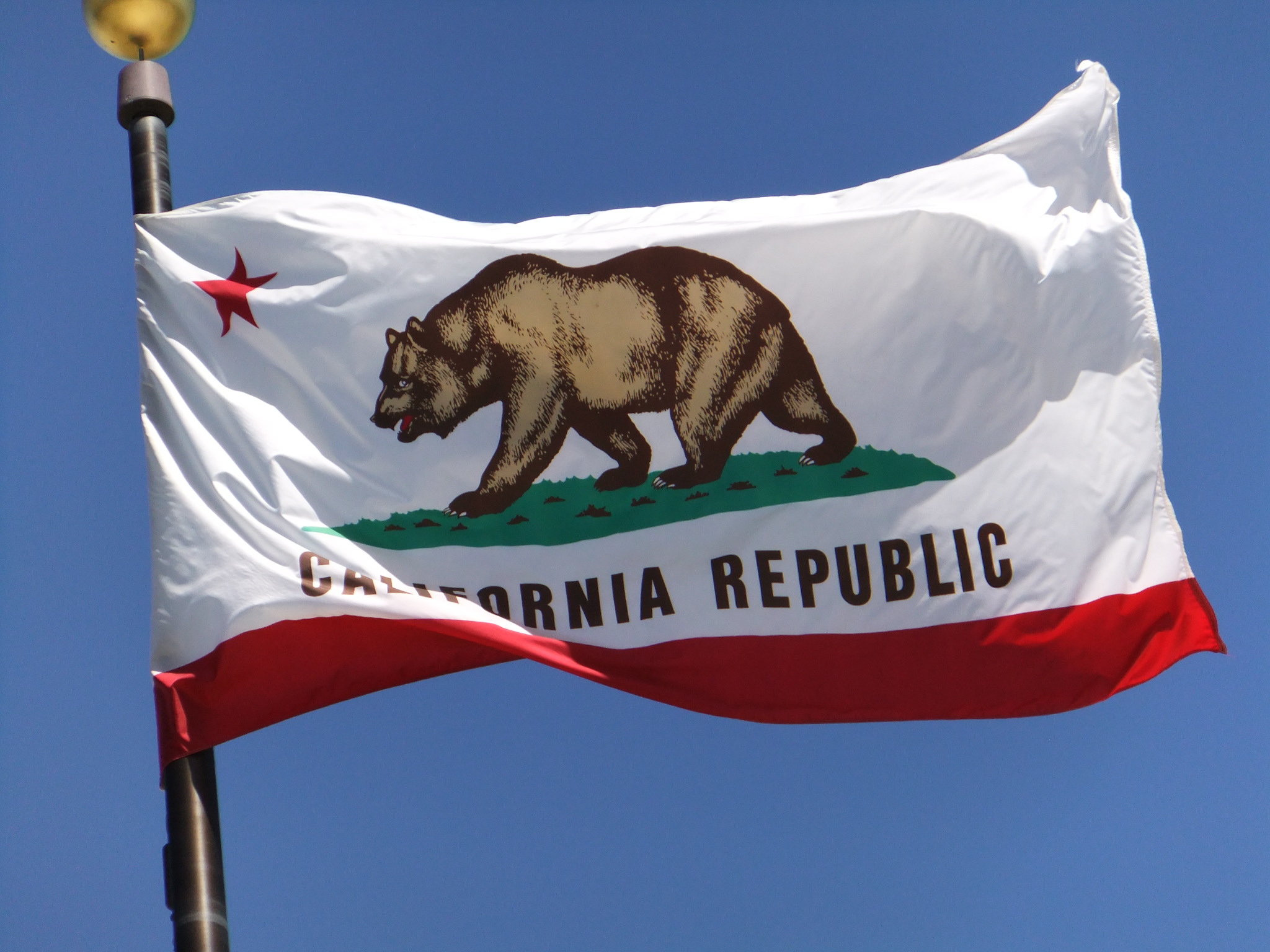California’s “Platform” Law to be Revisited: Legislative Sponsor Takes Note of Challenges
As far back as 2017, the California Attorney General (AG) wanted to add a new category of registrant to the charitable solicitation law. After several failed legislative efforts, AB 488, sponsored by Assemblywoman Jacqui Irwin, was enacted in the fall of 2021. Its goal is to track and oversee third-party online services connecting donors to charities.
The entities being regulated are either “charitable fundraising platforms” (ex. businesses like GoFundMe and Classy) or platform charities (nonprofits such as PayPal Giving Fund). The law is complex, the resulting rules are complex, and the platforms’ activities are complex. The final rules were not effective until June of this year.

Notably, the law includes a requirement prohibiting a platform from sending a gift to an organization not in “good standing.” An organization is not in good standing if the IRS revokes its nonprofit status, California’s Franchise Tax Board (FTB) revokes its exempt status, or the AG’s Registry of Charities labels it delinquent (or suspended or revoked).
The platform relies on the AG’s twice-monthly updated “May Not Operate List,” which contains over 125,000 entries, to accomplish the required vetting. The FTB and IRS revocation lists are straightforward and easy to access. The AG’s list is more problematic. For starters, consider that the Registry will take anywhere from 30 to 90 days to process a renewal application and provides no expeditious means for registrants to ask questions or verify status.
Murphy’s Law
Here is a list of things gone wrong, mostly from this year, which have come across my desk from nonprofit TNPA members:
- A nonprofit was known by the same acronym as an organization that appeared on the AG’s May Not Operate List as revoked years ago. A platform notified the nonprofit that it would no longer be receiving gifts. The nonprofit then had to research the issue and prove the mistaken identity to the platform to reopen the gift pathway.
- A religious organization had registered with the AG some years ago and in error. It did the right thing and submitted a request to withdraw its registration since it was exempt. But through a platform, it learned it had been labeled delinquent. It then had to prove its status as an exempt religious organization to the platform before it could again receive gifts.
- Another religious organization had never registered in California due to its exempt status. A platform advised that it was on the AG’s May Not Operate List. In fact, it was not on the list. It had to pay an outside lawyer to pressure the platform for an explanation. None was forthcoming, but the platform agreed to continue allowing gifts to the organization. But who pays for the lawyer?
- Many out-of-state organizations, due to faulty advice or poor understanding of the law, register to solicit contributions with the AG, as they should, but also register with the Secretary of State (SOS) and the Franchise Tax Board (FTB), which they should not. One organization, recognizing its FTB and SOS registrations were unnecessary, stopped paying the fees and filing the papers. As it had no reason to care, it probably never knew it had been placed on the FTB revocations list years ago. It cares now. A platform told them they were no longer eligible for gifts due to the FTB list. FTB advised its lawyer they’d have to withdraw from SOS and then FTB, a process which would take weeks or even months – all the while losing gifts from platforms.
- Many weeks after it had filed its renewal with the Registry, a member organization was notified by a platform that the AG had placed it on the May Not Operate List. The Registry says it mails letters to advise of faulty filings, but the “Delinquent” label goes promptly to the May Not Operate List. So, for such relatively trivial things as a missing page, a missing signature, or an incorrect filing fee, an organization seeking to comply with the law could miss weeks of online donations while waiting for its resubmitted renewal to be processed.
Irwin Intends Repairs
Because The Nonprofit Alliance (TNPA) was among the AB 488 legislative process stakeholders, we received an email on October 21, 2024, from Brandon Bjerke, Assemblywoman Irwin’s Legislative Director. The email solicits “experiences, complaints, suggestions …” in writing by November 22, and TNPA is responding on behalf of our members.
If you would like to discuss AB 488 issues that have emerged for you or your clients, please email me at rtigner@tnpa.org. The stakeholder process that preceded AB 488 was open and deliberative, and I expect the forthcoming “repair” process to be the same.



